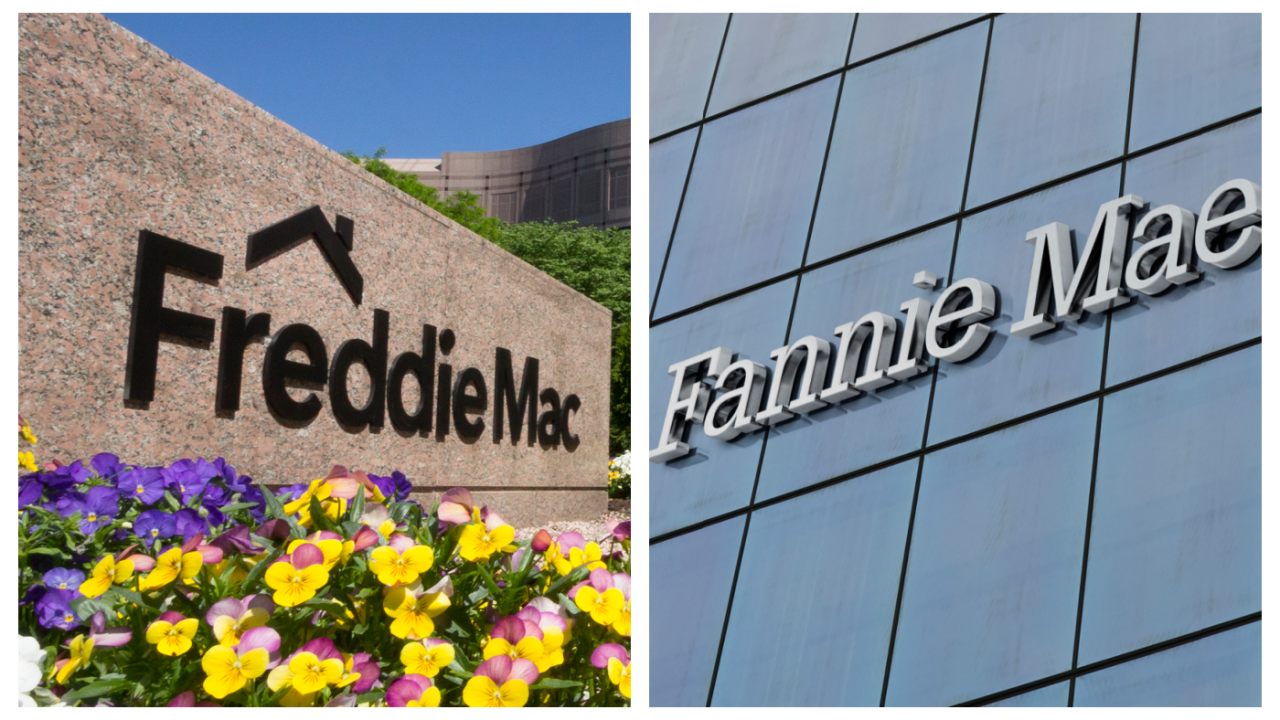Consumers are attacking their debt and borrowing less, but the average U.S. borrower with debt from unsecured loans, including credit cards, still owes an average of $10,000 spread among an average of seven creditors, according to data CareOne Services Inc., a national for-profit consumer debt-relief firm, released Feb. 2.
The Columbia, Md.-based firm studied the debt levels, number of creditors and FICO credit scores of some 135,000 consumers in all U.S. states who enrolled in its debt-management or debt-settlement programs in 2009 or 2010.
“Based on our long-term observations of the debt market, we think the data is a pretty good snapshot of Americans in general,” a CareOne Services spokesperson tells PaymentsSource when asked if the results were skewed because the company relied on information from clients seeking debt relief.
Unsecured debt typically includes credit cards, personal loans, medical debt and student loans extended from banks; it excludes student loans backed by the federal government.
Delaware topped the list of states with the highest consumer debt, with borrowers in that state carrying an average of $20,233 in debt spread among seven creditors, with an average FICO credit score of 576. FICO credit scores range between 300 for riskier subprime borrowers and 850 for prime borrowers.
Rhode Island ranked second in total average debt, with $20,130 owed to seven creditors and an average FICO score of 593, and Maine was third, with $19,454 in debt spread among six creditors and an average FICO score of 610.
California residents were the least burdened by unsecured debt, with an average of $12,801 owed to five creditors and an average FICO score of 597, followed by Michigan with $13,328 owed to five creditors and an average FICO score of 591, and Mississippi residents with $13,512 in average total debt spread among six creditors and an average FICO score of 581.
The percentage of outstanding balances that credit cardholders pay off each month surged last year, proving that a growing number of consumers are paying off debt and borrowing less following the recession.
“In the last few years, we have seen financial necessity cause more people to turn to credit cards to pay for daily expenses, such as groceries, gas and utilities,” Jenny Realo, CareOne’s executive vice president, said in a press release. “But a growing number of people are realizing that their debt is a burden and are seeking solutions to get their finances under control, pay down their debt and boost their savings.”





